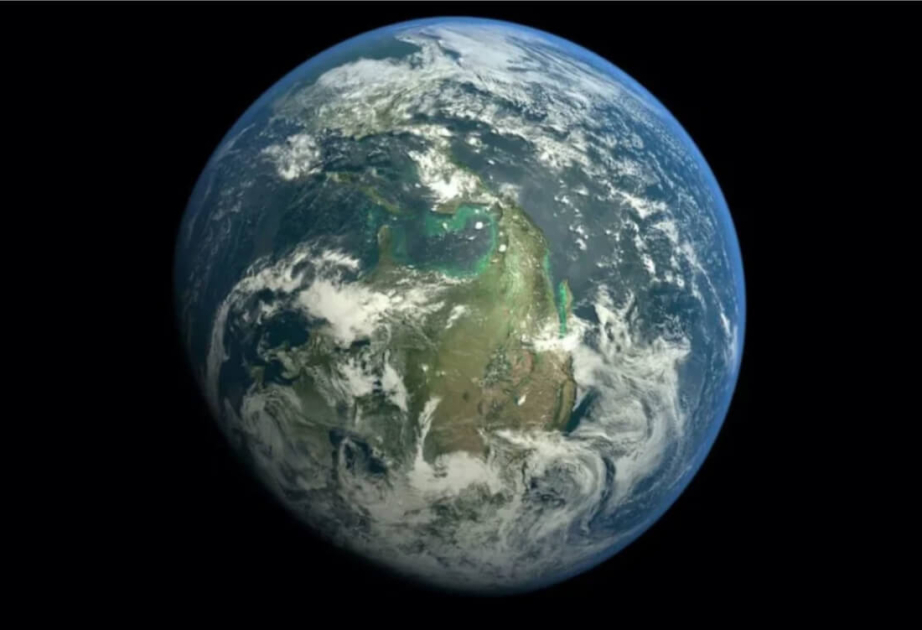The findings of a new study that show the Earth's rotation is slowing down "signify the unprecedented effect of climate change" on the planet, according to the Sky News.
Rising sea levels caused by climate change are making the Earth "fatter" at the equator - slowing down its rotation and making the days longer. As polar ice caps have melted, water has shifted from the poles to the equator, "significantly" increasing how oblate - or fat - the Earth is since 1900, and lengthening its days. Adding a few milliseconds to a 24-hour day may not sound much, but it has "implications for precise timekeeping and space navigation", the authors of the study, published in Proceedings of the National Academy of Sciences, said.
The pace of change is higher than at any point in the 20th century, they found. If greenhouse gas emissions continue at their current rate, the length of the day will continue to increase and could reach a rate of an extra 2.62 milliseconds per century by the end of the 21st century, the study said. That would make climate change a bigger contributor to long-term variations in day length than lunar tides. "These findings signify the unprecedented effect of climate change on planet Earth," the study said. The study follows research published in Nature in March that looked at the effect of climate change on global timekeeping. It found more rapid melting of polar ice would slow the Earth more rapidly, and could influence how we measure time. Coordinated Universal Time, which is also known as UTC, is the international standard for time measurement and is based on about 450 atomic clocks at laboratories around the world. Every so often, a leap second is added to maintain the link between atomic time and the Earth's rotation.
















